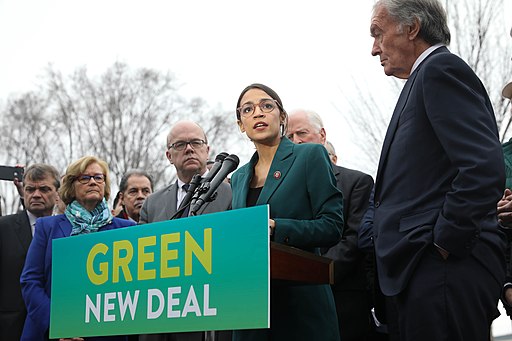
Governments around the world began trying to bring the Internet under control as soon as they realized the danger to their power represented by unfettered public access to, and exchange of, information. From attempts to suppress strong encryption technology to the Communications Decency Act in the US and China’s “Great Firewall,” such efforts have generally proven ineffectual. But things are changing, and not for the better.
The European Parliament recently passed a “Copyright Directive” which, if implemented, will force Internet platforms to actively monitor user content instead of putting the burden of proving copyright infringement on those claiming such infringement. The Directive also includes a “link tax” under which publishers will charge aggregation platforms for traditionally “fair use” excerpts.
The US government’s Committee on Foreign Investment is attempting to force the sale of Grindr, a gay dating app, over “national security” concerns. Grindr is owned by a Chinese company, Beijing Kunlun. CFIUS’s supposed fear is that the Chinese government will use information the app gathers to surveil or even blackmail users in sensitive political and military jobs.
Those are just two current examples of many.
Big Governments and Big Tech are engaged in a long-term mating dance.
Big Governments want to regulate Big Tech because that’s what governments do, and because, as with Willie Sutton and banks, Big Tech is where the Big Tax Money is.
Big Tech wants to be regulated by Big Governments because regulation makes it more difficult and expensive for new competitors to enter the market. Facebook doesn’t want someone else to make it the next MySpace. Google doesn’t want a fresh new face to send it the way of Yahoo.
It’s a mating dance with multiple suitors on all sides.
The US doesn’t like Grindr or Huawei, because FREEDUMB.
The Chinese don’t want uncensored Google or Twitter, because ORDER.
The EU is at least honest about being sexually indiscriminate: It freely admits that it just wants to rigorously screw everyone, everything, everywhere.
Big Tech wants to operate in all of these markets and it’s willing to buy every potential Big Government as many drinks as it takes to them all into the sack.
Everybody wins, I guess. Except the public.
Governments and would-be monopolists are fragmenting what once advertised itself as a Global Information Superhighway into hundreds of gated streets.
Those streets are lined by neatly manicured lawns per the homeowners’ association’s rigorously enforced rules, and herbicide is sprayed on those lawns to kill off the values that made the Internet the social successor to the printing press and the economic successor to the Industrial Revolution.
As Stewart Brand wrote, “Information Wants To Be Free. Information also wants to be expensive. … That tension will not go away.”
Big Tech and Big Government are both coming down, increasingly effectively, on the side of “expensive” and on the side of Ford’s Model T philosophy (“you can have any color you want as long as it’s black”).
They’re killing the Internet. They’re killing the future. They’re killing us.
Thomas L. Knapp (Twitter: @thomaslknapp) is director and senior news analyst at the William Lloyd Garrison Center for Libertarian Advocacy Journalism (thegarrisoncenter.org). He lives and works in north central Florida.
PUBLICATION/CITATION HISTORY
- “Big Government and Big Tech Versus the Internet and Everyone,” by Thomas L. Knapp, River Cities’ Reader (Iowa), 03/30/19)
- “Big Government and Big Tech versus the Internet and Everyone,” by Thomas L. Knapp, OpEdNews, 03/30/19
- “Big Government and Big Tech Versus the Internet and Everyone,” by Thomas L. Knapp, CounterPunch, 04/01/19
- “Big Government and Big Tech Versus the Internet and Everyone,” by Thomas L. Knapp, Ventura County, California Citizens Journal, 04/06/19


